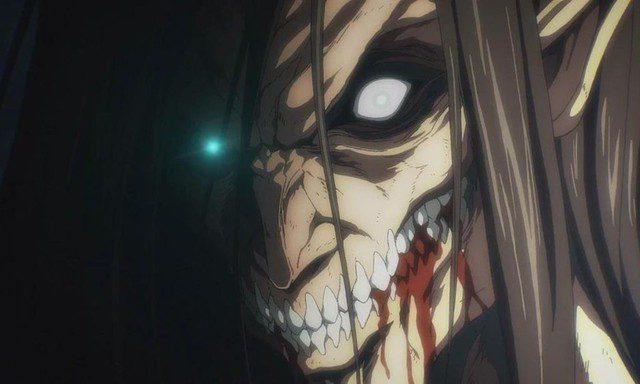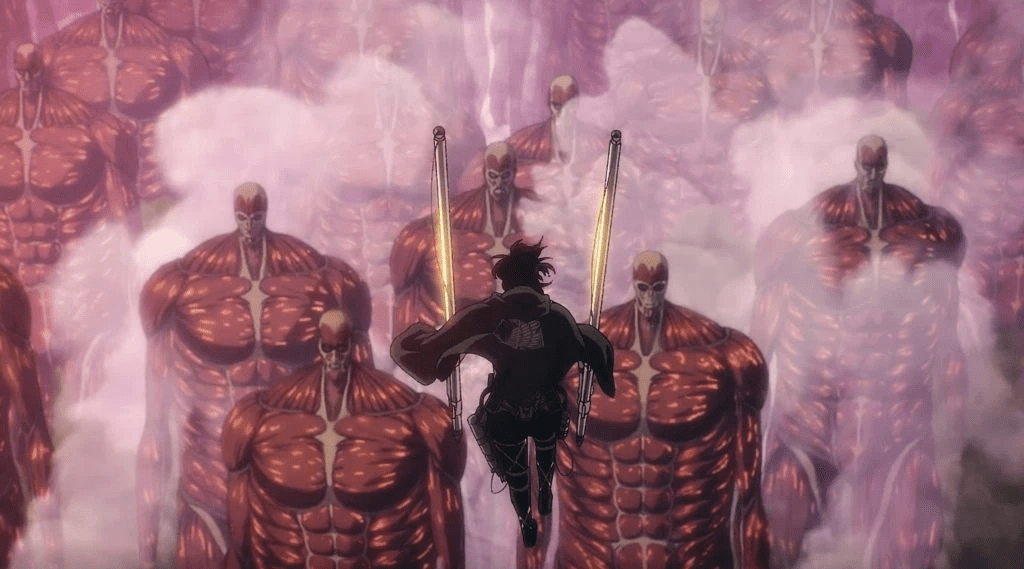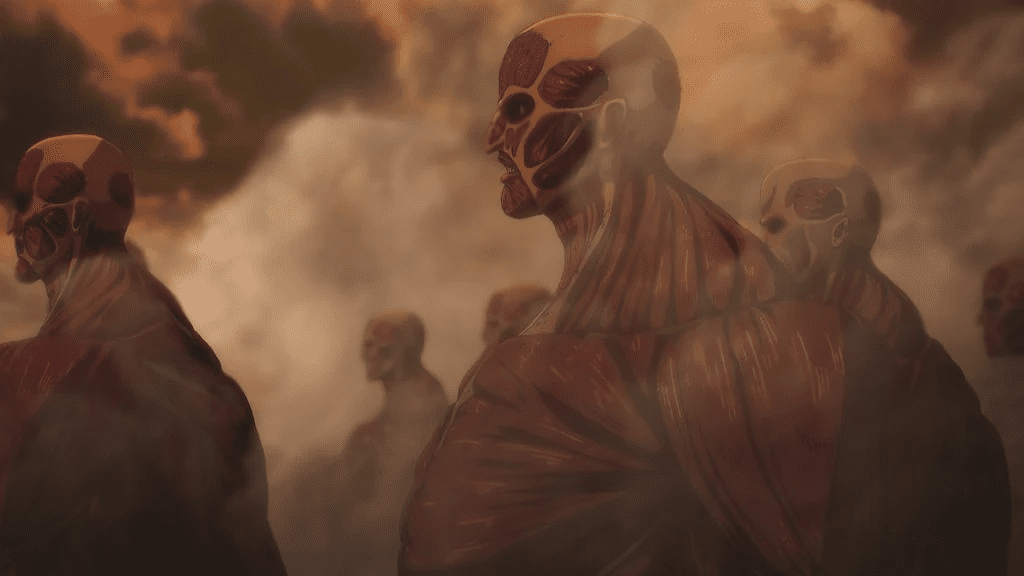Attack on Titan is one of the most controversial endings in the entire anime/manga world. Hajime Isayama’s decision to create a complex character like Eren, who carries out a mass extermination, is a point of contention for many fans.
In a recent interview published in Men’s magazine Brutus, Hajime Isayama shared his thoughts on his experiences. This 2014 interview reveals Isayama’s emotional struggles during his younger years.
Hajime Isayama reflects on his feelings of despair towards the world

In the interview, Hajime Isayama discussed his worldview and the difficulties he faced as a mangaka. He specifically emphasized that making a living was a tough endeavor.
Hajime Isayama stated: “My motivation when I started was merely to earn enough to live on my own through my manga, even when it was not yet a big hit.”
The mangaka expressed his gratitude for the success of his series, which eventually made him financially stable and famous, something he never expected when he first began.

Furthermore, the interviewer asked him about a part of himself that wished the world would stop being so destructive. Isayama replied calmly: “The world is inherently destructive, and I have thought about that quite a lot.”
The author candidly acknowledged that even though he no longer thinks about such topics, he still feels a tendency towards them. He reflects on what life would be like without humans, wanting to understand how everyone operates with basic amenities like electricity and water.
How Isayama’s worldview influenced the conclusion of Attack on Titan

Hajime Isayama admitted that the ending of Attack on Titan was premeditated. The conclusion was determined from the very beginning of the story. However, once the ending was decided, Isayama could not change it and continued writing the narrative. He stated that he felt burdened by the ending of Attack on Titan and could not alter it, even if he wanted to.
If the conclusion of the series was determined a long time ago while the author was still in a state of uncertainty, it’s understandable why he chose such a grim ending. This explains why Isayama feels regret about the comic series after achieving greater success.
His openness about the lack of basic amenities also reflects his disdain for the isolation of Paradis Island. Because this island is separated from the rest of humanity, there are not many technological advancements beneficial for the current world. Paradis Island only began to develop technologically after the appearance of Azumabito.
The author also wants to explore how the world would function without humans, a theme that is also present in Attack on Titan. After the controversial ending, the number of survivors left is quite minimal. This inevitably leads to a world where humanity must rebuild from scratch since the Rumbling has destroyed every civilization on the ground.




















